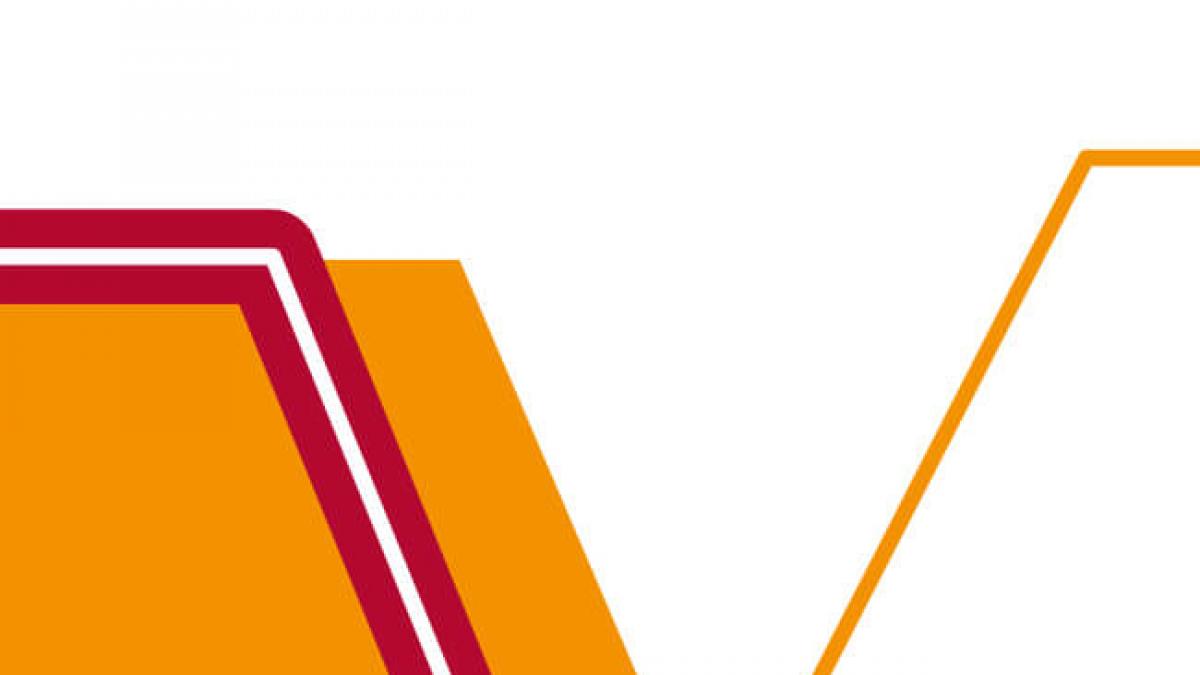Braver, greener, fairer: Memos to the EU leadership 2019-2024
This collected volume, edited by Maria Demertzis and Guntram Wolff, focusing on the most important economic questions at EU level. The memos covering

The policymakers who will lead the European Union until 2024 take office in the context of a more favourable economic environment than their predecessors faced. Growth is steady, employment is up and investment is recovering. But in other ways, the new leadership confronts formidable challenges. The multilateral consensus is breaking down and a geopolitical confrontation between the United States and China has become a reality. Global warming has not been tackled and the world’s emissions continue to rise. Digital technologies are challenging traditional notions of society and work.
Europe must be brave in facing up to the new circumstances. It must aim at a green transformation of the economy. And it must ensure social fairness so the costs of change do not fall on the weakest. This set of 16 memos assesses the state of affairs and the main challenges for the incoming commissioners and presidents, and provides them with concrete policy recommendations.



